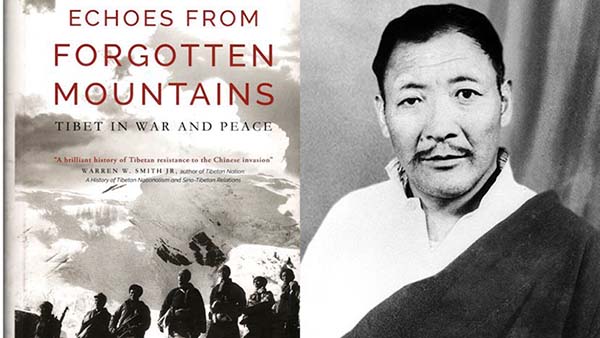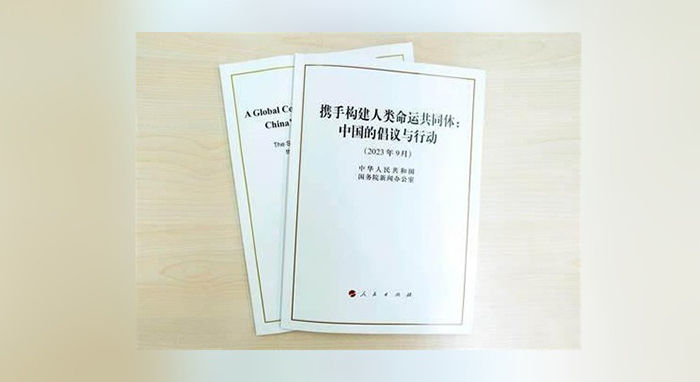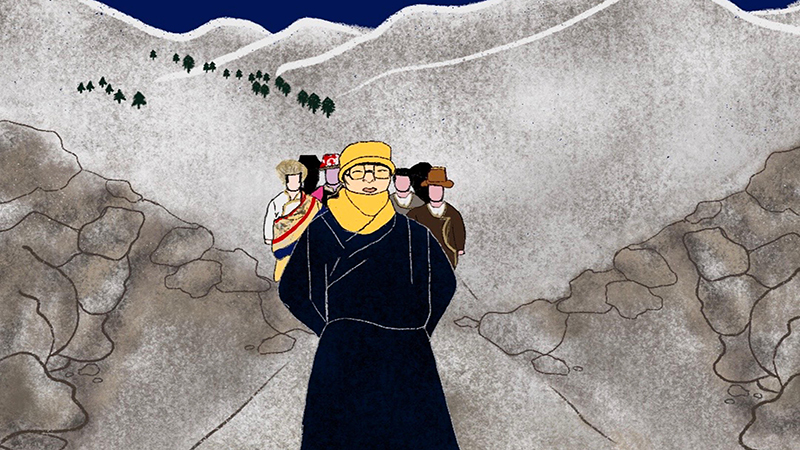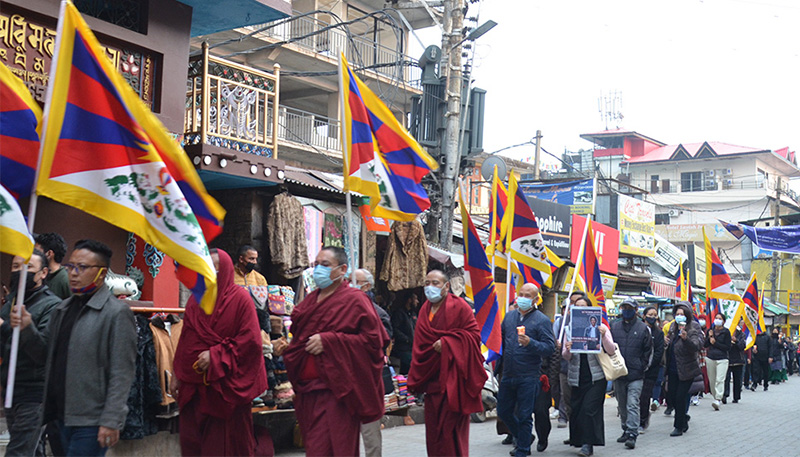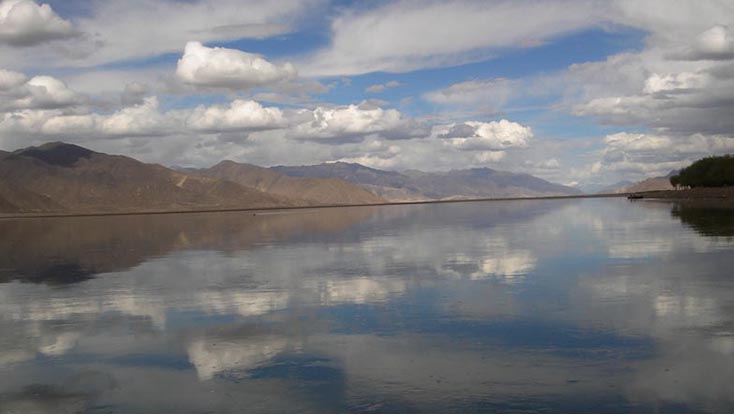Dharamshala – The book (Echoes From Forgotten Mountains: Tibet In War And Peace' ) was reviewed by Vijay Kranti, a veteran Indian journalist and keen observer of Tibet. A detailed documentation of brave Tibetan people’s fight against the Chinese military might. The book is a historic document for the coming generations of Tibet.
China's latest White Paper is all about what China is not: Dr Tsewang Gyalpo
Dharamshala — The PRC's latest white paper lists the government's proposals for the future of humanity and speaks of universal values and principles "which, if put into practice, could earn China a Nobel Peace Prize. China's new white paper looks good on paper, but fails in practice, the white paper is all about what China is not," says Tsewang Gyalpo Arya, representative of the Liaison Office of His Holiness the Dalai Lama for Japan and East Asia.
World Refugee Day and forced Chinese occupation of Tibet
According to data by United Nations High Commissioner for Refugees, 27.1 million people across the globe are refugees. World Refugee Day, observed every year by the United Nations on June 20, is a day to commemorate the strength and courage of the refugees worldwide. They are people who live through harsh circumstances, having been forced to flee their home country because of conflict, war, persecution or terror.
Xi's surprise Tibet visit: an expression of anxiety, frustration and arrogance?
Dharamshala, India — Chinese President Xi Jinping’s sudden and dramatic visit to Tibet holds more than one meaning. And no one meaning carries lesser weight than the other. This is the first time that Xi, the super boss of China’s most celebrated colony Tibet since he took over the reins of China as its President, Party General Secretary, and the supreme military commander.
A cuisine that reflects the geographical landscape and history of Tibet
Dharamshala, India —Tibetan cuisine mirrors the culinary practices and traditions of its people. The cuisine is an ultimate reflection of Tibet's geographical landscape and history. The mountains, plateaus, and influences from neighboring countries are an integral part of the cuisine. Tibetan cuisine consists mainly of noodles, soup, dumplings, and cheese, usually made from yak milk.
A Glimpse of Tibetan Culture and Struggle: In Conversation With A Tibetan Monk
Dharamshala, India — In Tibet, religion is closely linked to its deep and rich culture. Forced into exile due to the Chinese invasion of Tibet in 1959, the Tibetan people hold onto their faith for peace and survival of their culture. Tibetan Buddhism thus reflects the spiritual and intellectual ideas of the Tibetan people and serves as an inevitable part of their lives.
The Chinese plan to build large dams in Tibet is causing issues for countries downstream
Dharamshala, India — Tibet is known as the ‘Water Tower of Asia’ as it serves as the source of ten major Asian river systems flowing into ten Asian countries. The Chinese plan to build large dams in Tibet is causing issues for countries downstream.


![Tibet has a rich history as a sovereign nation until the 1950s when it was invaded by China. [Photo: File]](/images/stories/Pics-2024/March/Tibet-Nation-1940s.jpg#joomlaImage://local-images/stories/Pics-2024/March/Tibet-Nation-1940s.jpg?width=1489&height=878)






